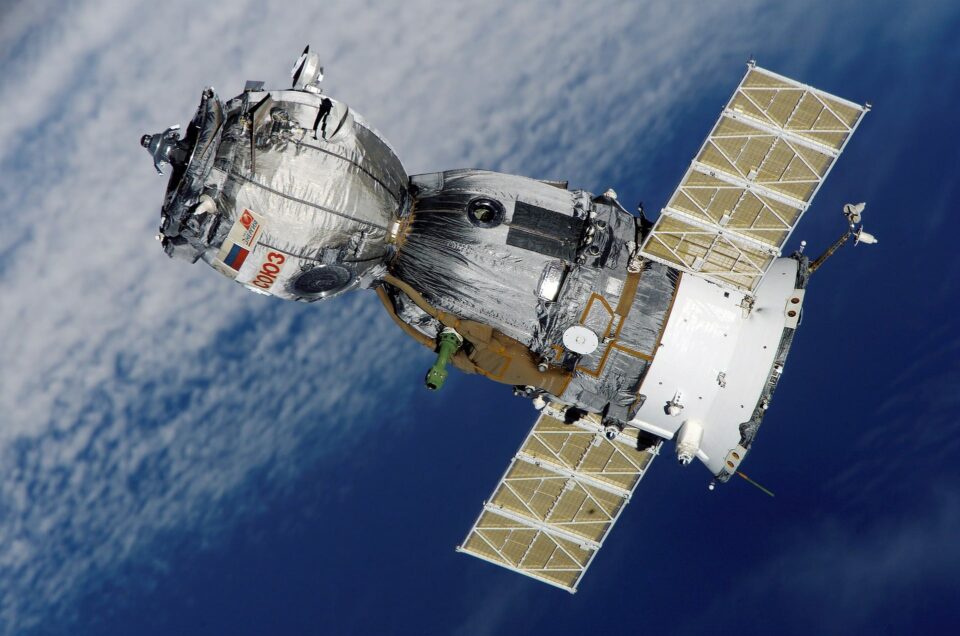The news:
- UN agencies raise concerns over a global increase in GNSS interference
- African sectors like aviation and agriculture face heightened vulnerability
- Experts cite security threats from spoofing and jamming attacks
- Weak regulatory systems in Africa could deepen exposure to risks
As the world leans more heavily on satellite navigation systems, interference with these signals is emerging as a global threat—with Africa among the most vulnerable regions.
The International Civil Aviation Organisation (ICAO), International Telecommunication Union (ITU), and International Maritime Organisation (IMO) have jointly voiced “grave concern” over the rising incidents of jamming and spoofing targeting Global Navigation Satellite Systems (GNSS).
These disruptions pose significant threats to critical sectors, including aviation, maritime operations, and emergency response services. The agencies are calling on governments worldwide to urgently enhance protections for the Radio Navigation Satellite Service (RNSS) frequency bands.
GNSS, which encompasses systems like GPS, provides essential positioning, navigation, and timing services globally. These services are indispensable for the safety and efficiency of civilian aircraft, maritime vessels, and humanitarian assistance vehicles. Additionally, they play a crucial role in synchronising telecommunications networks.
The UN agencies’ joint statement highlights the severity of the situation, emphasising that interference with GNSS can lead to dire consequences, such as collisions and groundings in the maritime sector.
This matters significantly for Africa, where critical sectors like aviation, agriculture, and emergency response increasingly depend on satellite positioning to function efficiently.
Recent events illustrate the scale of the problem, especially for African countries.
The vulnerability of African infrastructure to satellite disruptions was further highlighted in October 2024 when Intelsat’s 33e satellite suffered a significant outage. The satellite, which provided communication services across Europe, Africa, and parts of the Asia-Pacific region, experienced a loss of power, leading Intelsat to declare it unlikely to be recoverable. This incident disrupted services to numerous customers and underscored the continent’s reliance on satellite technology for connectivity. Nigeria has set up a joint committee to tackle fibre cuts to reduce Internet disruptions.
UN experts warn that Africa’s relative lack of satellite infrastructure and regulatory monitoring makes it a prime target—not just collateral damage. Most African nations do not yet have dedicated systems to detect or respond to GNSS interference, making real-time diagnosis and mitigation nearly impossible.
Techpoint Africa news delivered to your inbox
Get the free daily newsletter read by industry experts. 100% free. Unsubscribe anytime.
The economic implications are vast. In aviation alone, satellite disruptions can result in costly rerouting, delays, or increased fuel usage. In agriculture, even brief system downtimes can derail high-tech farming operations. For emergency responders, unreliable positioning data can delay life-saving interventions.
The African Union (AU) has yet to release a continental position on the matter, but regional bodies are expected to engage as the risks grow clearer. As reliance on satellite tech deepens across African economies, experts warn that interference is no longer a distant threat—it’s a present danger requiring urgent attention.
